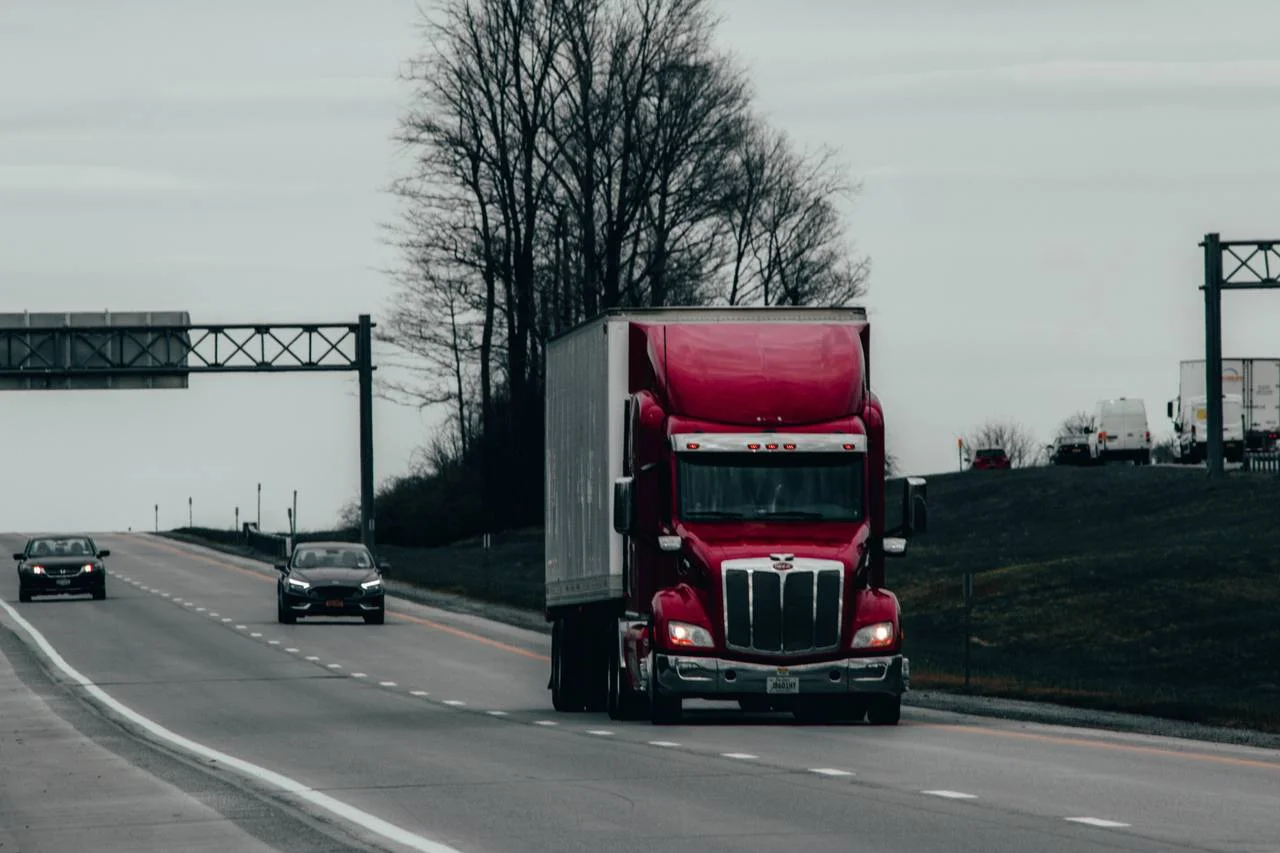South Carolina Trucking Regulations: Ensuring Safety on the Roads

In the vast network of highways crisscrossing South Carolina, the trucking industry plays a pivotal role in keeping the wheels of commerce turning. However, with this substantial presence comes the need for stringent regulations to ensure the safety of all road users. Understanding the intricacies of South Carolina’s trucking regulations is crucial, especially for those seeking recourse in the unfortunate event of a personal injury. In this blog post, we delve into the key aspects of South Carolina’s trucking regulations, shedding light on the measures in place to uphold road safety.
Licensing and Insurance Requirements
South Carolina enforces strict licensing standards for commercial truck drivers. These regulations include stringent criteria for obtaining a commercial driver’s license (CDL), ensuring that individuals behind the wheel of large trucks possess the necessary skills and knowledge. Additionally, trucking companies are mandated to carry adequate insurance coverage, providing financial protection in the event of accidents.
Hours of Service (HOS) Regulations
To combat driver fatigue and prevent accidents caused by drowsy driving, South Carolina adheres to federal Hours of Service regulations. These rules govern the maximum driving hours and mandatory rest periods for truck drivers, promoting well-rested and alert individuals operating commercial vehicles.
Vehicle Maintenance Standards
Ensuring the roadworthiness of commercial trucks is paramount to preventing accidents caused by mechanical failures. South Carolina mandates regular inspections and maintenance for commercial vehicles to address issues promptly, minimizing the risk of breakdowns on the road.
Weight Limits and Cargo Securement
To prevent accidents related to overloaded trucks and improperly secured cargo, South Carolina imposes strict weight limits and cargo securement regulations. These measures aim to maintain the stability and balance of commercial vehicles, reducing the likelihood of accidents caused by shifting or falling cargo.
Drug and Alcohol Testing
Maintaining a drug and alcohol-free environment within the trucking industry is a priority for South Carolina. Comprehensive testing programs are in place to detect and deter substance abuse among commercial truck drivers, contributing to safer roads for all.
Recordkeeping and Electronic Logging Devices (ELDs)
Accurate recordkeeping is crucial for monitoring compliance with various regulations. South Carolina requires trucking companies to maintain detailed records, and the implementation of Electronic Logging Devices (ELDs) further enhances accuracy in tracking drivers’ hours of service.
Conclusion
Navigating the roads of South Carolina requires a collective commitment to safety from both trucking industry stakeholders and the general public. By understanding and adhering to the state’s trucking regulations, we contribute to the creation of a safer environment for all road users. In the unfortunate event of a personal injury, knowledge of these regulations becomes a valuable tool for seeking justice and holding accountable those who may have violated these essential safety measures. Stay informed, stay safe, and drive responsibly on South Carolina’s highways.
